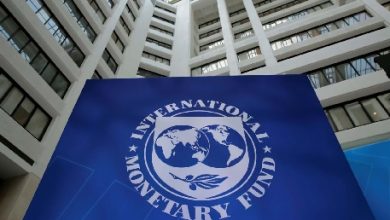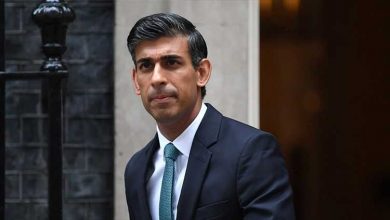Children Spending More Time Online; Having Less Outdoor Activities, Reduced Sleep

Spending more time online is leading to less outdoor activity for children and reduced sleep quality, increased symptoms of anxiety, and unhealthy eating habits.
Average daily use of the internet among persons in Ghana is pegged at four hours 34 minutes with the country ranked third in social media usage in Africa.
Mrs Florence Ayisi Quartey, Acting Director, Department of Children, has said at a Child Online Protection Forum held in Accra for the media and children.
Mrs Quartey who said this in a speech read on her behalf by Mr Christopher Lartey, a Principal Programme Officer of the Department, indicated that “at any particular time, an estimated number of 750,000 individuals connect with children online for sexual purposes”.
The occasion coincided with this year’s celebration of Africa Safer Internet Day (2023) under the theme: “Empowering the African Child on Safer Internet”.
The day is used to promote awareness of growing online challenges and present concerns, ranging from cyberbullying to social networking to digital identity.
Mrs Quartey said every day, millions of boys and girls worldwide relied on, and used the internet for many purposes, including playing, socialising, learning, and researching and that in using the internet, they were exposed to many risks.
“For instance, according to a recent study, nearly half of all children aged 12 and 15 have experienced some form of cyberbullying, while one in five has been the target of severe bullying,” she said.
Additionally, she said a number of reported cases of online child exploitation had risen dramatically in recent years with authorities reporting a rise of more than 600 per cent in just five years.
She noted that the time children spent online posed a danger of exposing them to wiles of sexual exploitation and stressed the need to invest time and efforts to empower the children online.
“What we must do is to help our children become aware and build their capacity to handle the challenges inherent in the digital world.
“Children ought to be given the necessary information at the appropriate time and equip them with the tools they need to keep themselves and others safe in these environments.”
She said the Ministry of Gender, Children and Social Protection was working tirelessly to amend the Children’s Act and provide for online safety measures in the amendment so that children would be protected.
Mrs Mary Odame, Child Protection Officer, UNICEF, said the exponential growth of internet penetration and usage in Ghana, presented both huge opportunities and “yet risks for children and young people”.
Mrs Odame said the theme for the occasion was appropriate and relevant because children ought to be empowered and equipped with the knowledge and skills to navigate the internet space safely.
She said the country could not achieve full protection of children online without the role of the private sector.
Mrs Odame, therefore, urged the Cyber Security Agency (CSA) to continue to facilitate engagement with Telecommunication Companies and Internet Service Providers, in line with their roles and obligations prescribed in the Cybersecurity Act, 2020 (Act 1038).
“This is to facilitate blocking, filtering and taking down harmful contents as well as to leverage technology for early detection and prevention,” she added.
Source:GNA




